In the modern world, Artificial Intelligence (AI) is playing a big role in how we live, from things like Siri and Alexa to suggestions for online shopping. Its range is growing fast, and it could change industries like healthcare in a big way. One key area where AI could make a big difference is in mental health. As a psychiatrist, I know how hard it can be for both patients and professionals to deal with mental health issues. AI offers some promising solutions, but it has its own drawbacks too.
In this blog, we will discuss how artificial intelligence can help improve mental health care, the challenges we face, and what the future may hold as we try to use AI in the complicated and delicate field of mental health.
The Mental Health Crisis: How AI Can Help
Lots more people are struggling with mental health issues worldwide these days. The World Health Organization (WHO) says that mental disorders are a big problem all around the world, with depression being one of the main reasons people can't work. Things got even worse because of the COVID-19 pandemic, with more people feeling anxious, depressed, and dealing with other mental health problems. At the same time, there aren't enough mental health professionals like psychiatrists, psychologists, and therapists to help everyone who needs care. This leaves millions of people without the support they require.
I see a lot of patients who have a hard time getting the mental health help they need quickly and effectively. Waiting a long time, getting the wrong diagnosis, and trying different treatments without success are common problems. The mental health system is very busy, so using AI could help ease some of the pressure.
Artificial intelligence has been making a big impact in areas like reading X-rays, treating cancer, and diagnosing skin conditions. Now, it's starting to help with mental health too. This means it can find problems early, give personalized care, and help hospitals manage their resources better.
How Artificial Intelligence Can Improve Mental Health Care
Artificial intelligence has the potential to enhance mental health care by speeding up and improving accurate diagnoses, as well as tailoring treatments to meet each person's unique needs. Let's explore the various ways AI could be beneficial in this field:
How Artificial Intelligence is Enhancing Mental Health Diagnoses
When it comes to diagnosing mental health conditions like depression, anxiety, bipolar disorder, and schizophrenia, things can get a bit complicated. These disorders have similar symptoms which can make it hard for human doctors to determine the specific issue a person is facing based solely on what they report. Sometimes, patients might not provide all the necessary information or it may not be entirely accurate.
However, Artificial Intelligence (AI) is changing the game by providing a more precise way to diagnose these conditions. AI can analyze vast amounts of information from different sources such as electronic health records, brain scans, and even social media activity. This helps doctors get a better understanding of a patient's condition, leading to more accurate diagnoses and better treatment plans.
For instance, AI programs can learn to pick up on small shifts in how we talk, our facial expressions, or how we act that could hint at problems like depression or other mental health issues. This could help catch these issues sooner, sometimes even before the person realizes they could use support.
Imagine someone goes to their regular doctor because they are always tired and finding it hard to focus. These signs could be related to different health issues, including mental ones. Artificial Intelligence (AI) could go beyond just looking at their medical past, and also check their social media posts, data from fitness devices, and how they speak. By doing this, AI could warn that person is at risk of depression or anxiety. Catching this early could mean getting help sooner, so they don’t have to struggle alone for a long time.
Treating Each Person Individually
Every person is different, and mental health is no exception. What helps one person might not help someone else. Normally, when treating mental health issues, there's a lot of guessing involved – patients might have to try out different medications or therapies before finding the right one. This can be annoying, take up a lot of time, and sometimes make people feel disheartened.
AI can analyze unique information about a person like their genes, medical past, and lifestyle to figure out the best treatment for them. For instance, AI can suggest if someone with depression would do better with therapy or a certain kind of medicine based on their individual traits.
Researchers at Yale University are using AI technology to help match patients with the right antidepressant medications. This could make the treatment process more efficient and effective by cutting down on trial-and-error attempts.
Helping Healthcare Workers
One of the best things about AI is how it can assist, instead of taking over, mental health professionals. AI can do tasks that take up a lot of time and don't need human decision-making, like keeping track of patient records, studying lots of data, and reminding patients about their next appointments.
For example, artificial intelligence tools could help psychiatrists by condensing a patient's history, highlighting possible signs of a relapse, and recommending treatment options based on the latest research. By having AI handle these regular tasks, doctors can spend more time directly with their patients, offering individualized and caring treatment.
In my experience, it's really hard to keep up with all the new research and treatment methods. Artificial intelligence can help by acting like a second brain, looking at new studies and adding them to how we care for patients. This makes sure we give better care and stops us from feeling swamped by all the information we have to handle.
AI in Action: Real-Life Examples
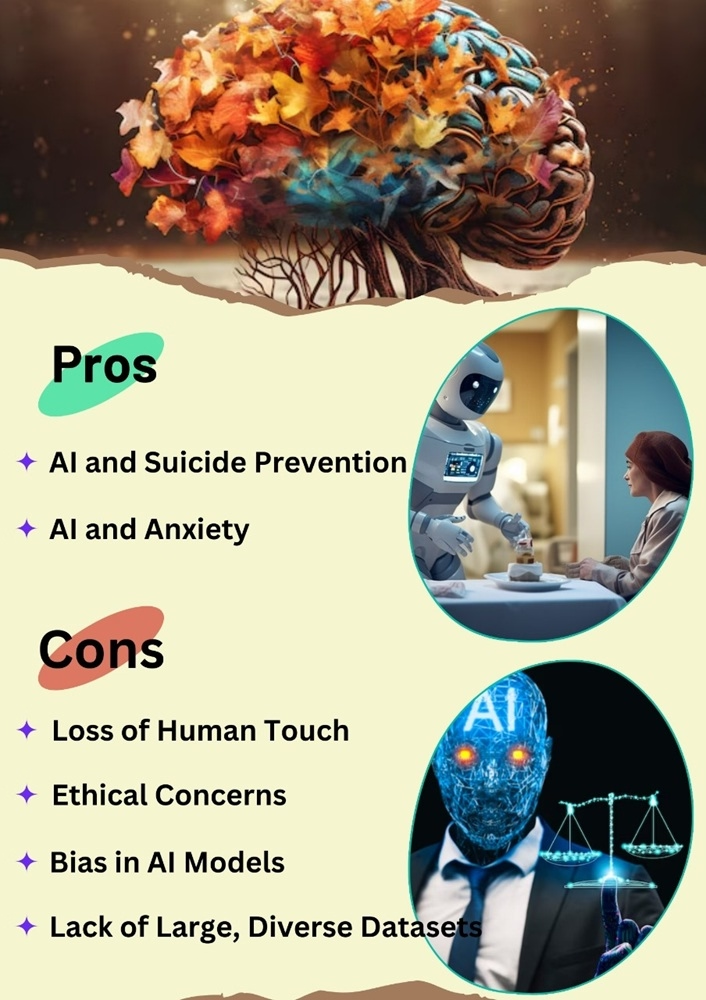
To show how AI can be used in real life, let's explore some actual situations where AI is already helping in mental health care.
AI and Suicide Prevention: A Key Focus in Mental Health Care
Preventing suicide is a major concern in mental health care. Each year, many people worldwide die by suicide without getting the necessary support. But imagine if we could anticipate who might be in danger and step in before it's too late?
Some AI tools are working on this very thing. For example, on social media sites such as Facebook, there are AI systems that check what people write to see if they might be feeling suicidal. If the system picks up on any concerning signs, it lets mental health experts know so they can offer help to the person in need.
In the same way, the U.S. Veterans Affairs (VA) system uses artificial intelligence to spot veterans who are likely to attempt suicide by studying their medical records. By doing this, they can swiftly provide assistance, which could save lives of those who might not have been helped otherwise.
AI and Anxiety
In another case, AI is used to help people deal with anxiety. Apps on phones that use AI, like Woebot, work as fake therapists, helping users with therapy exercises and giving support when they're feeling very stressed. These apps are made to give quick help to people who can't see a therapist or don't want to get professional help.
I have suggested these tools to patients for times when they feel anxious outside of therapy sessions and can't get help right away. These tools don't replace therapy, but they can provide extra help that can really make a difference in patients' daily lives.
The Downside of AI in Mental Health: Challenges Ahead
While AI may seem like a great idea, there are some big challenges and dangers we have to think about. Just like any other technology, AI is not perfect and may not work for everyone. Here are some of the major things to worry about:
Not Enough Varied Information for AI Systems
Artificial intelligence needs a lot of information to work well. But in mental health, there often isn't enough different kinds of information available. Each person's mind is very complicated, and mental health problems show up differently in each person. If AI systems only learn from a small or unfair set of information, they might not be able to help people from all kinds of backgrounds correctly. This could make health differences worse.
For instance, if an artificial intelligence system is mostly trained using information from wealthy white people, it might not work accurately when used in poorer areas, which could result in wrong diagnoses or treatments that don't work.
Ethical Issues
When we talk about AI in mental health, a big topic that comes up is ethics. Mental health is very personal, and it involves private information. People need to feel confident that their data will be kept safe and not shared without their permission. But AI needs access to this private data to work well, which makes people worry about their privacy and whether they've given their consent.
AI can sometimes make decisions that doctors can't fully explain. Some AI systems are so complicated that not even the people who created them can understand how they reached certain conclusions. This lack of transparency can lead to a lack of trust between patients and their doctors.
Bias in AI Models
AI is as good as the information it learns from. If the data has unfair preferences—like based on race, gender, or wealth—those unfair preferences will show up in the AI's choices. This is a big problem in mental health, where groups who are already left out might get even worse care.
Picture this: an AI system that has mostly learned from information about male patients. This could cause issues when it comes to diagnosing or treating female patients, possibly resulting in worse results. It's really important to fix these biases if we want to use AI responsibly and successfully in mental health care.
The Impact of AI on Human Connection in Mental Health Care
When it comes to using AI in mental health care, a big worry is that we might lose the personal touch. Mental health treatment depends a lot on the bond between the therapist and the patient. AI doesn't have the capability to show empathy, care, and insight—things that play a crucial role in helping someone heal.
Patients may feel disconnected if they think they are being cared for by a machine instead of a human. Even though artificial intelligence can help doctors, it's important to ensure that the warmth and personal connection of mental health care are kept intact.
The Future of AI in Mental Health
Although there are difficulties, AI being used in mental health looks positive for the future. By working together with clinicians instead of taking over their roles, AI could improve the care given, making it more tailored, effective, and easier to access.
Achieving a good balance depends on working together. AI developers need to collaborate with mental health experts, patients, and ethicists to make sure that the tools they create are safe, helpful, and fair. This teamwork is crucial for dealing with problems such as unfairness, honesty, and making moral choices.
As artificial intelligence gets better, we need to change how we help people with mental health issues. The future may include AI helping to diagnose and treat these issues, and even giving us new ways to understand how the mind works. When we work together with AI and mental health experts, we can build a better, kinder system for mental health care.
Conclusion
In simple terms, AI in mental health care shows great potential, but it's not a cure-all. Its effectiveness depends on how it's applied. When used carefully and ethically, AI can be a valuable tool in helping to identify, treat, and cope with mental health issues that impact millions of individuals globally.
AI technology should never take the place of the personal connection that is really important in mental health care. While we're still learning about what AI can do, we need to make sure that it adds to, not takes away from, the caring and support that only human therapists can offer.
TAGS: What are the cons of AI in mental health?, What are the pros in mental health?, How can artificial intelligence help with mental health?, How artificial intelligence can be used in psychology?, How AI is helping people with therapy?, What is the future of AI in healthcare?
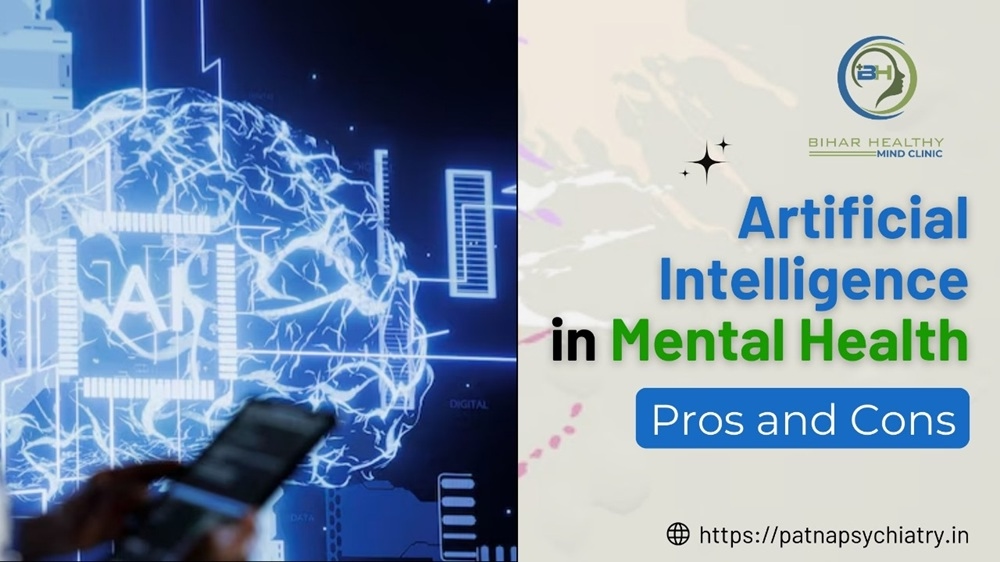

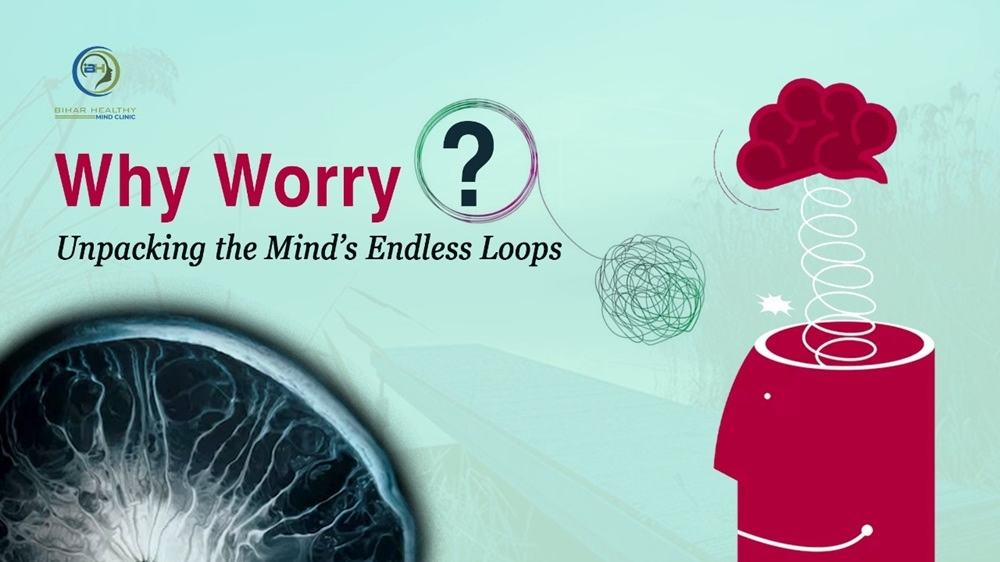
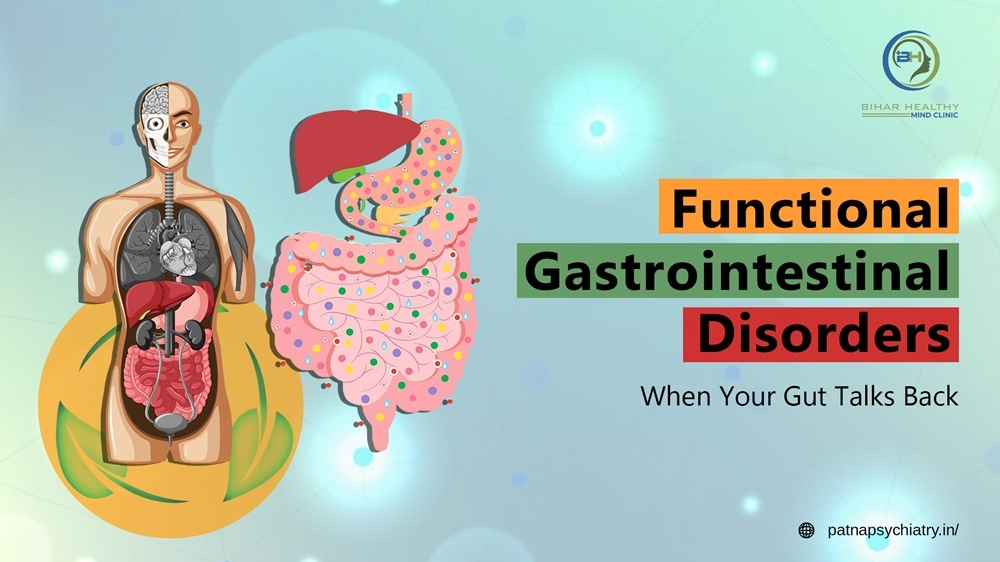
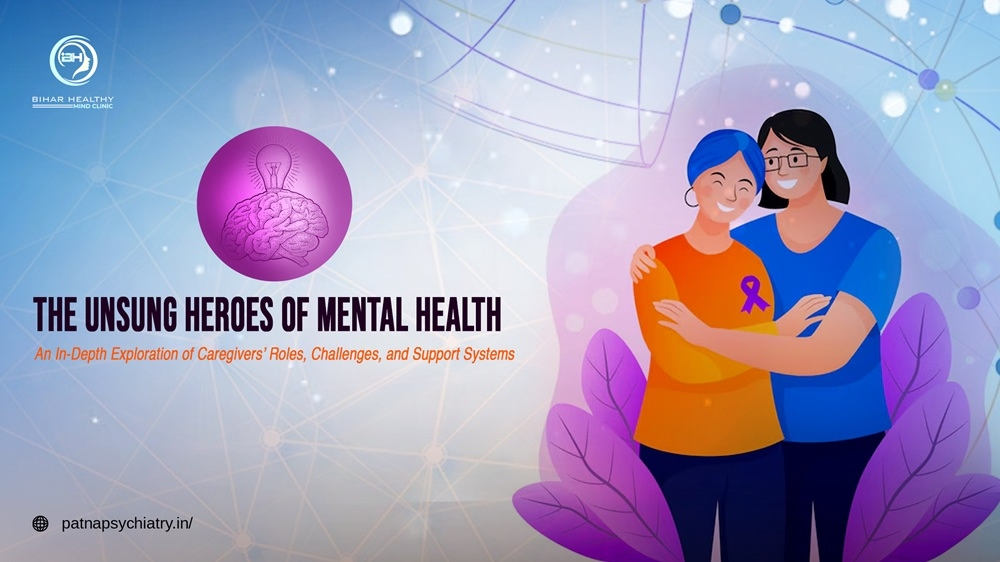
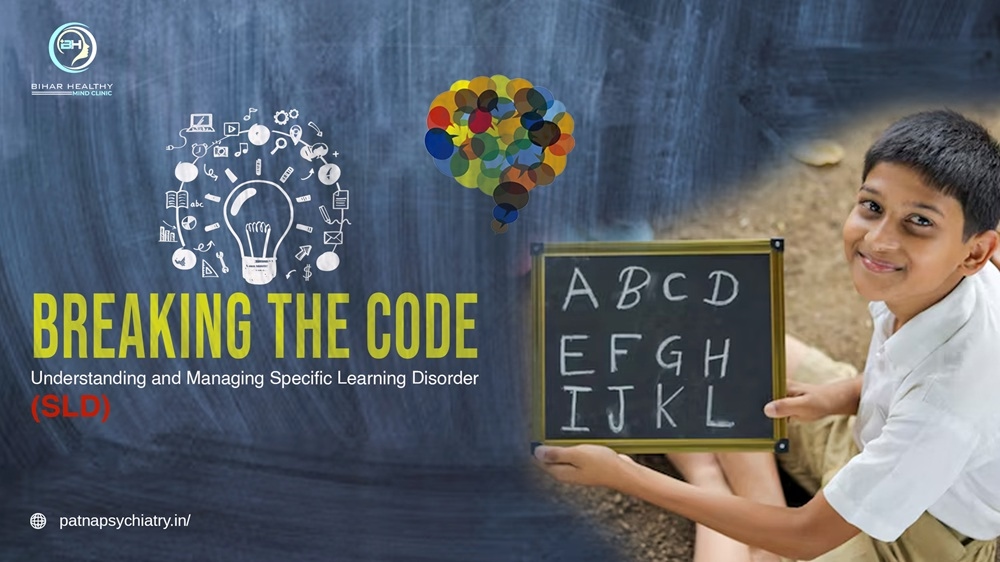
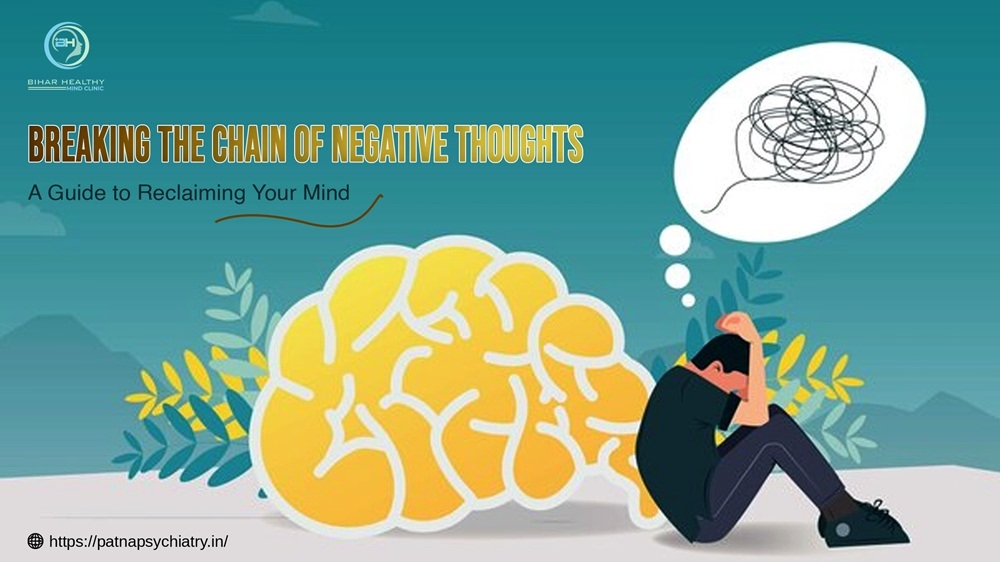
Excellent website. A lott of useful info here.
I'm sending it to a few buddies ans also sharing in delicious.
And certainly, thanks to your sweat! http://boyarka-inform.com/
What's up, just wanted to mention, I enjoyed this post.
It was helpful. Keep on posting! https://Ternopil.PP.Ua/